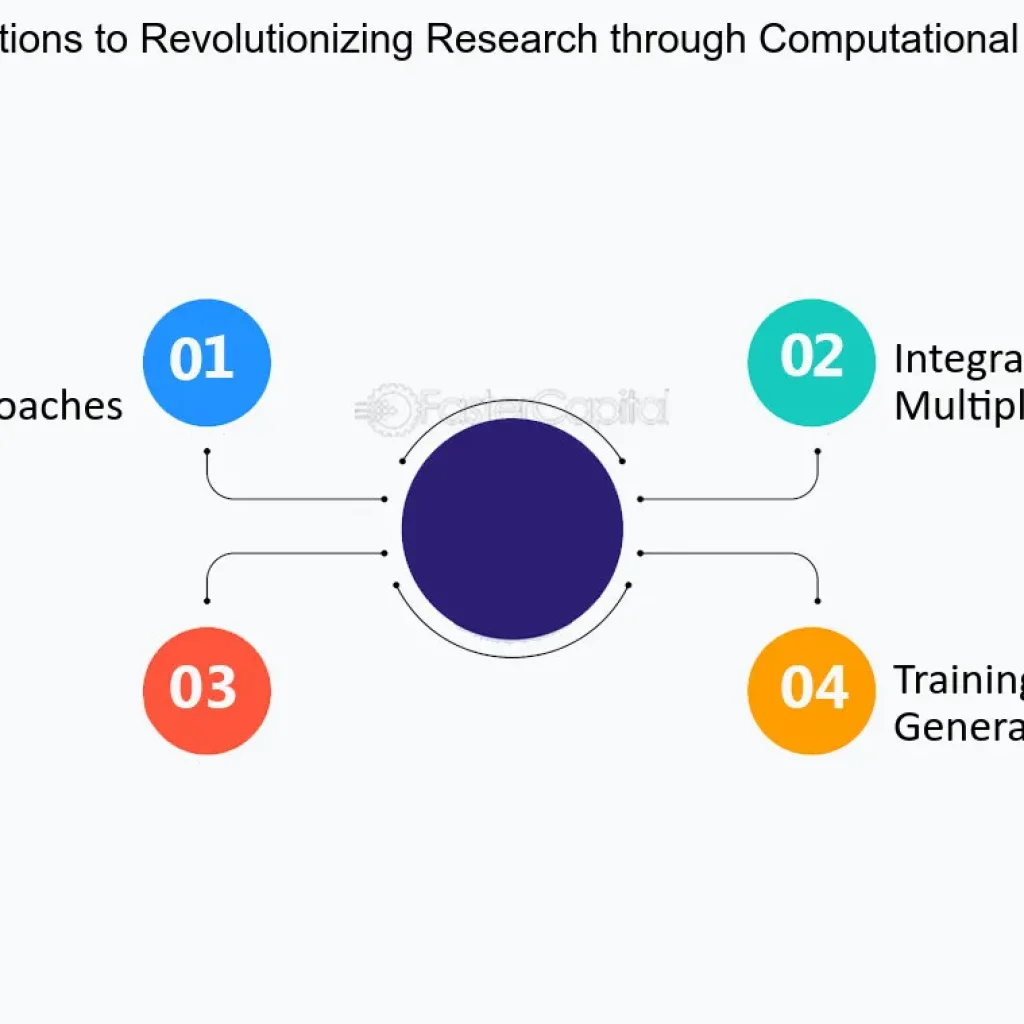The convergence of robotics and artificial intelligence (AI) is propelling society into a future that once resided in the realm of science fiction. These rapidly advancing technologies are not confined to research labs and tech companies; they are fundamentally reshaping how we live, work, and interact with the world.
Revolutionizing the workforce
One of the most significant impacts of robotics and AI is the transformation of the workforce. Automation of routine tasks is freeing up human workers to focus on more complex and creative endeavors. This shift extends beyond factory assembly lines, with AI integration in service sectors. As a result, there is a growing need for reskilling and adaptability, with new job categories emphasizing oversight, technical expertise, and strategic thinking.
Advancements in healthcare
AI is revolutionizing healthcare by enabling diagnostic algorithms and predictive analytics. These applications analyze vast medical datasets swiftly, facilitating early disease detection and personalized treatment plans. Virtual health assistants powered by AI streamline patient interactions, improving communication between healthcare providers and patients. AI’s impact extends to medical research and drug discovery, promising more accessible and efficient healthcare solutions.
Impact on education
AI is also making a significant impact on education. It offers personalized learning experiences that adapt to individual learners’ pace and style. Robotics serve as hands-on educational aids, enhancing engagement and solidifying concepts in science, technology, engineering, and mathematics (STEM). This transformation challenges traditional one-size-fits-all educational systems, paving the way for uniquely tailored education.
Enhancements in security
AI and robotics play a vital role in bolstering security efforts. AI’s data analysis capabilities improve surveillance, while robotics are deployed in defense and emergency response to protect human lives. However, these advancements raise ethical concerns, such as privacy and rules of engagement in law enforcement.
Automotive and transport evolution
The automotive industry is on the verge of a revolution with autonomous vehicles. AI plays a crucial role in traffic management and accident prevention, aiming to create safer travel conditions. Public transportation systems stand to benefit from AI, with the potential for more efficient, environmentally friendly, and accessible services.
Manufacturing is undergoing a transformative rebirth thanks to the integration of robotics and AI. Automated production lines, once a fantasy, are now a reality, improving efficiency and safety. AI systems optimize operations by predicting maintenance needs and streamlining workflows. Additionally, AI aids in product design and innovation by analyzing trends and consumer behaviors.
Agricultural advancements
In agriculture, robotics and AI are boosting productivity and sustainability. Robotic machinery takes on labor-intensive tasks such as planting and harvesting, providing accuracy and reducing the burden on human labor. AI systems manage crops by assessing factors like soil conditions, weather patterns, and crop health, promising enhanced harvests while conserving resources.
AI and robotics are transforming the financial sector. AI’s algorithmic trading capabilities enhance market analysis and stock trading, enabling faster and data-driven transactions. Automated assistants handle routine inquiries in customer service roles, while predictive AI offers personalized financial advice tailored to individual investors.
Household robotics
Smart home technology is incorporating AI, offering systems that adapt to homeowners’ preferences and routines. Robotic appliances, from vacuums to lawn mowers, are becoming integral parts of daily life. As these technologies become more dominant, they have the potential to redefine household dynamics.
Embracing robotics and AI raises ethical and social considerations. Questions about privacy and data security arise with the integration of AI into daily life. The impact on employment and the displacement of human labor is a topic of concern. Moreover, the social consequences of AI’s decisions, such as credit scoring and hiring practices, demand careful consideration.
The future shaped by robotics and AI is unfolding before our eyes, impacting industries, professions, and daily life. To navigate this new era successfully, society must balance innovation with ethical responsibility. Striking this equilibrium will be crucial as we embrace a future where AI and robotics are integral to progress and prosperity.





